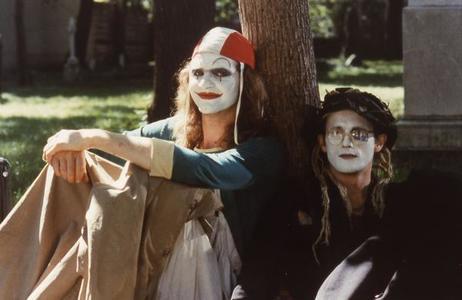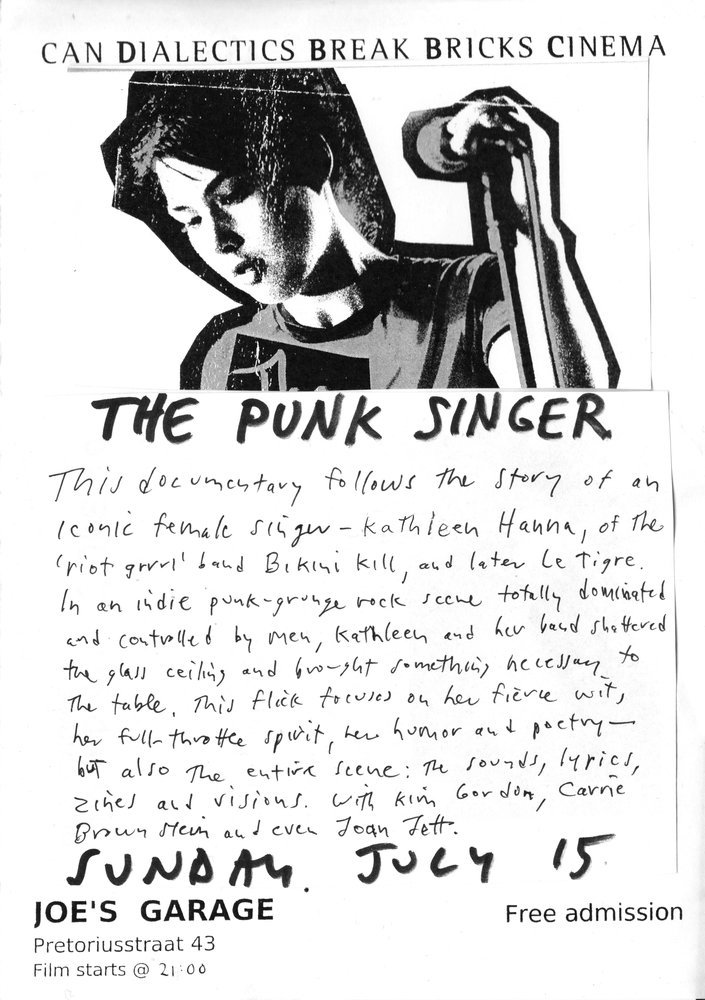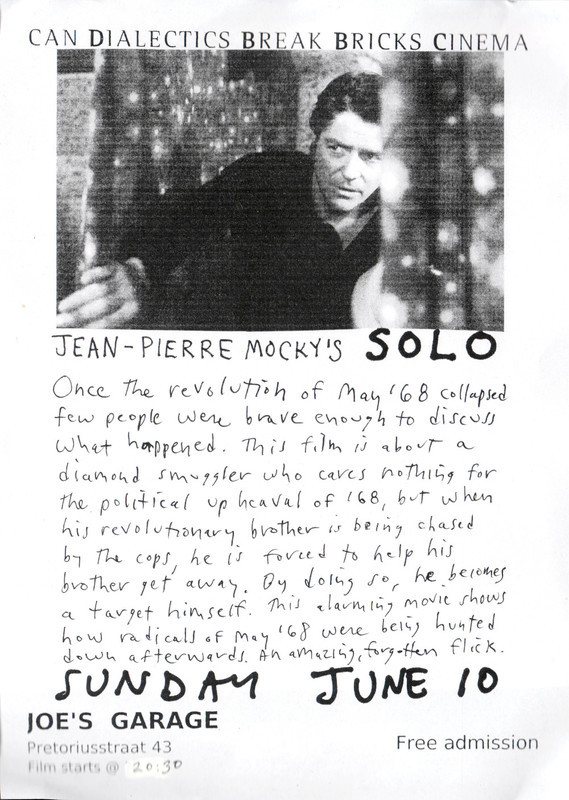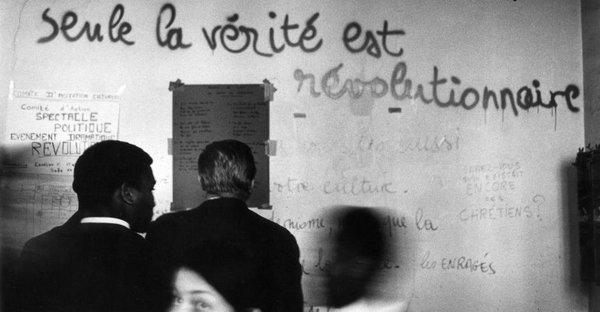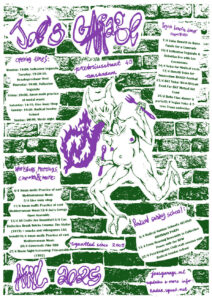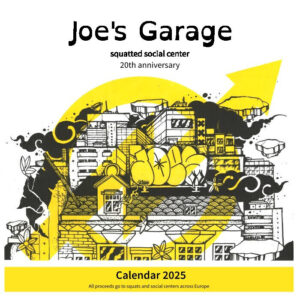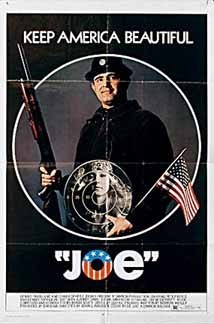 Sunday 30 September 2018, Can Dialectics Break Bricks Cinema: Joe (1970). Directed by John G. Avildsen. 102 minutes. In English with English subtitles. Doors open at 8pm, film starts at 8:30pm.
Sunday 30 September 2018, Can Dialectics Break Bricks Cinema: Joe (1970). Directed by John G. Avildsen. 102 minutes. In English with English subtitles. Doors open at 8pm, film starts at 8:30pm.
I screened this wild flick three years ago, as I saw a certain tendency building in the United States. Since then things have exploded… so let’s just take another look at this motherfucker in relation to current events.
This is vintage 1970’s filmmaking – swerving into unexpected areas and taking on topics that today’s formula-ridden cinema wouldn’t even imagine. Set in the swinging 60s and filled to the hilt with exploitation-like situations, this unusual film centers on corporate executive Bill Compton (Dennis Patrick) whose young daughter Melissa has overdosed on drugs. One night in a bar Bill meets a guy named Joe, an all American, anti-hippie, anti-commie, gun lovin, working class hard-head. The bizarre friendship that develops plummets the movie into the depths of the American nightmare… in a way that is totally fitting today’s political climate.
Directed by John G. Avildsen (Rocky) and starring Peter Boyle and Susan Sarandon in her film debut. Interestingly, this was the first film that Lloyd Kaufman (Troma films) ever worked on… he was the assistant director. The music is soulful and performed by Bobby Scott (who wrote He Ain’t Heavy, He’s My Brother). Without going into the subject of the movie too much, I should say that it is something even more relevant today than when it was made… one could even say it was prophetic. A great counter-balance to the commercial nonsense that we are offered in the cinemas today, much of which – directly or indirectly – sensationalize and glamorize violence.
This will be a high-definition screening.
Film night at Joe’s Garage, cozy cinema! Free entrance. You want to play a movie, let us know: joe [at] squat [dot] net
